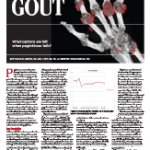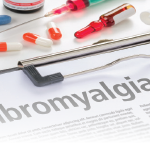Wash your hands. This most basic tenet of proper hygiene has been drummed into our heads for years. It’s an obvious infection prevention activity, yet for years, compliance among physicians and other caregivers has been lackluster. To rectify this matter, regulatory agencies began auditing hospital staff adherence to this axiom of infection prevention. Not only…






